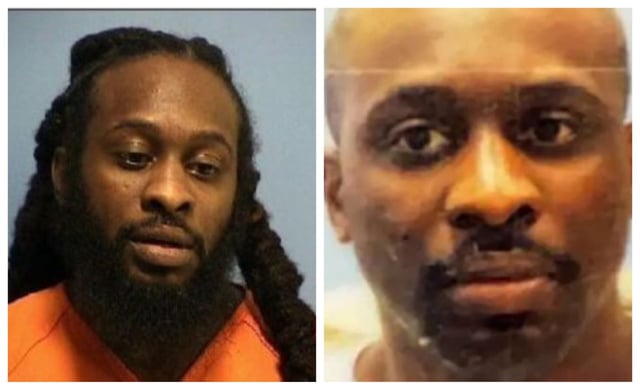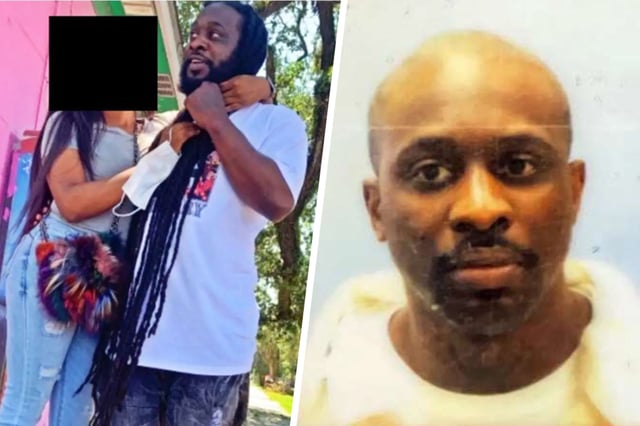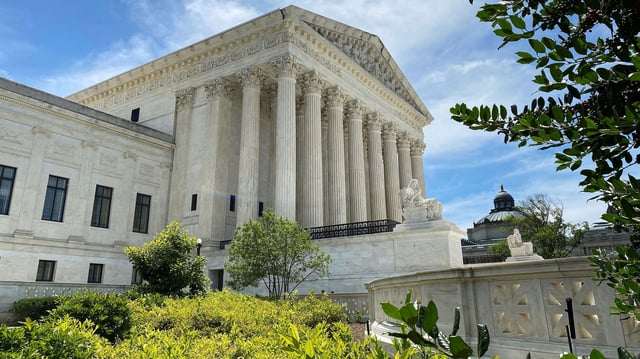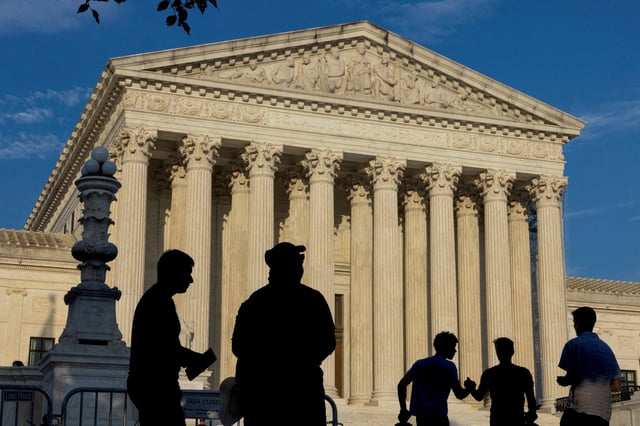Overview
- The Supreme Court agreed Monday to hear Damon Landor’s appeal in its term beginning October 2025, focusing on whether individuals can sue under RLUIPA after prison officials forcibly shaved his dreadlocks.
- Lower courts expressed strong condemnation of Landor’s treatment yet ruled that RLUIPA does not authorize money damages against state officials in their individual capacities.
- Landor carried a 2017 Fifth Circuit ruling affirming Rastafarian inmates’ right to keep dreadlocks but was handcuffed and shaved at Raymond Laborde Correctional Center in 2020.
- Solicitor General D. John Sauer and more than 30 religious organizations filed briefs supporting Landor, arguing that monetary relief is essential to enforce religious accommodations in prisons.
- Louisiana Attorney General Elizabeth Murrill said the state has updated its grooming policy to protect religious hair practices but contends that RLUIPA does not permit individual damages claims.



